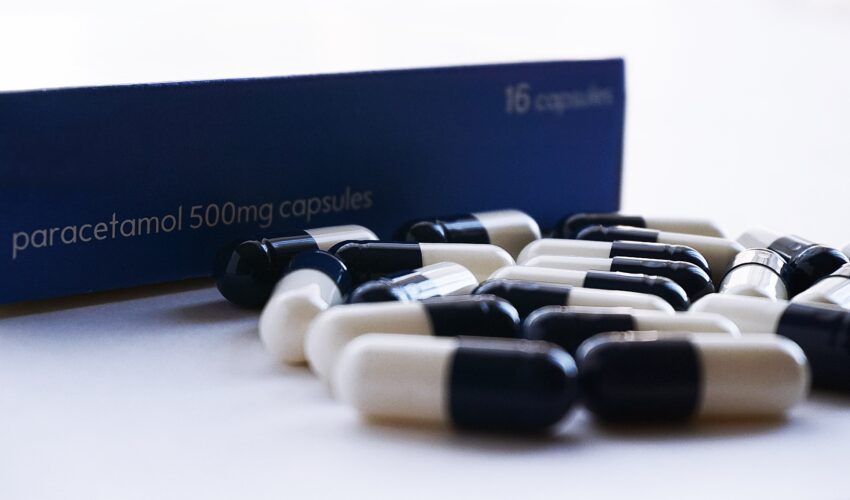Although pharmacists aren’t able to diagnose an illness or prescribe medications, they are important members of any patient’s healthcare team. Pharmacists are often available sooner than a doctor, and there’s no need to make an appointment or pay for a copay to ask for their guidance. When can you see your pharmacist before going to your general practitioner?
If You’re Unsure Whether You Should See a Doctor
It’s important to make an appointment with your doctor or seek emergency care if you are seriously ill or have a serious injury. If you have an emergency (i.e. if you experience symptoms of a heart attack or stroke or if you are experiencing significant blood loss) go to the emergency room or call 911 immediately.
If you have a minor ailment, such as seasonal allergies, a rash, or a new cough, your pharmacist can help you understand your symptoms and guide you to appropriate medical care. Pharmacists are trained to identify and determine if an ailment can be treated using over-the-counter remedies, or if you’ll need to make an appointment with a general practitioner or a specialist.
To Ask Questions About Your Medication
It can feel natural to call your doctor if you have a question regarding your medication, but pharmacists are specialty trained to know how medications are made, the chemical makeup of medications, and how different medications can interact. The next time you have a question about your medication, consider calling your pharmacist first.
Some examples of questions you can ask your pharmacist about your medication include:
- What is this medication for?
- What side effects should I expect?
- Can I take this medication while pregnant or breastfeeding?
- Will this medication interact with other medications and/or supplements I’m taking?
- How do I take it? (e.g. What time of day? With or without food?)
To Save Money
Pharmacists can help patients save money with their prescription medications. For example, if your doctor prescribes you a high-cost brand-name medication, ask your pharmacist if there is a generic version available. A generic medication has the same active ingredients and works the same as brand-name medications. If a generic version isn’t available, pharmacists can help patients look for patient-assistance programs that can help them pay for expensive prescriptions.
To Get a Vaccine
Some patients may be surprised to know that pharmacists can administer vaccines to adults, including vaccines for the flu, shingles, pneumonia, hepatitis A and B, HPV, tetanus, and more. Additionally, a new authorization by the Department of Health & Human Services now allows pharmacists to administer routine childhood vaccines to children between the ages of 3 and 18, including vaccines for measles-mumps-rubella (MMR), varicella (chickenpox), tetanus, polio, meningococcal (meningitis), and more.
In some cases, pharmacists may be able to administer vaccines needed for travel. Call ahead to check if your pharmacy offers the vaccine you’re looking for and to see if you need to make an appointment. Ensure that your immunization records are updated before leaving.
If You Need an Emergency Supply of Your Medication
Under certain circumstances, pharmacists can supply patients with an emergency refill of their medication if their doctor cannot be reached to authorize a refill before their medication runs out. This is referred to as the emergency prescription refill law, or Kevin’s Law. Under Kevin’s Law, pharmacists are only allowed to provide a 72-hour supply of the medication in case of an emergency.
A new law recently passed in Pennsylvania allows pharmacists to dispense a 30-day supply of life-essential medications that do not come in a 72-hour supply, like insulin, in an emergency situation. Controlled substances are not included under Kevin’s Law.
Make Your Pharmacist Part of Your Healthcare Team Today
Pharmacists are dedicated to patient safety and to helping patients achieve optimal health outcomes. Add your pharmacist to your list of trusted healthcare providers. When you need medical advice or guidance, that is not a medical emergency, consider visiting the pharmacy where you get your prescriptions filled, this way your pharmacist is well-versed in your medication history.



